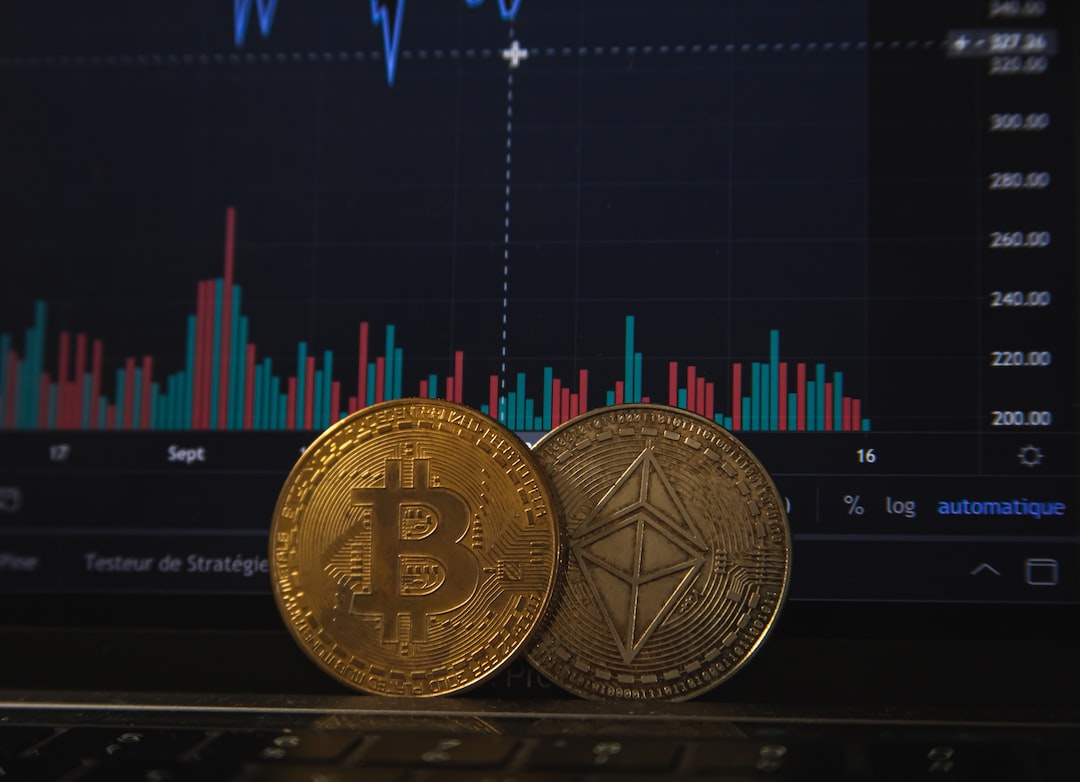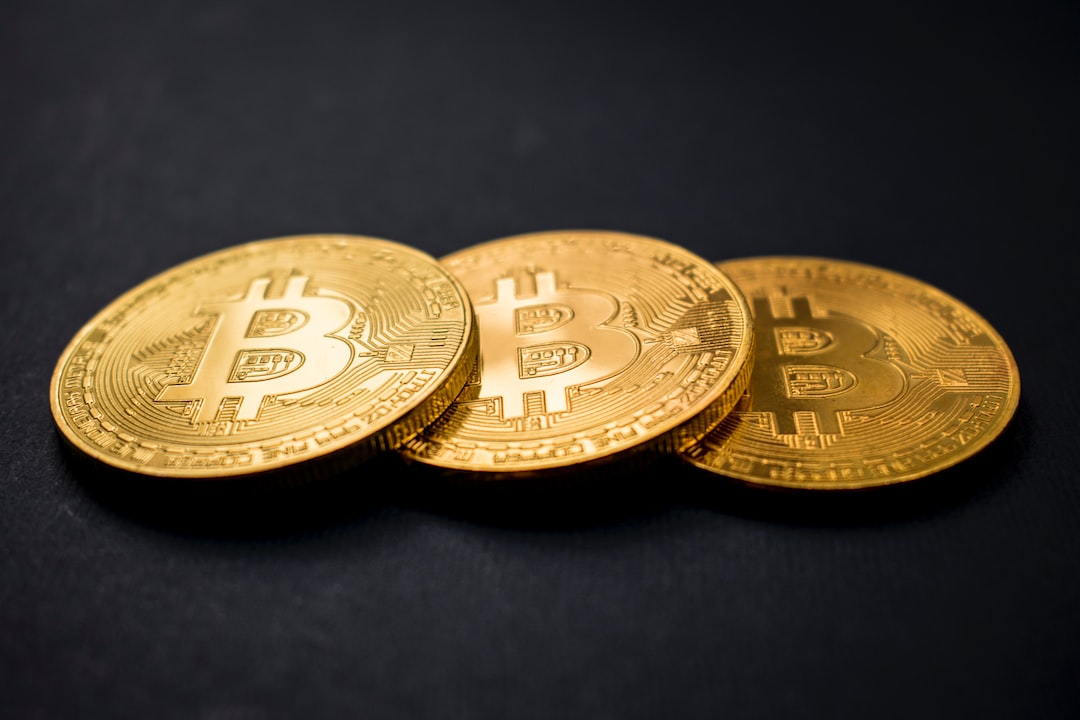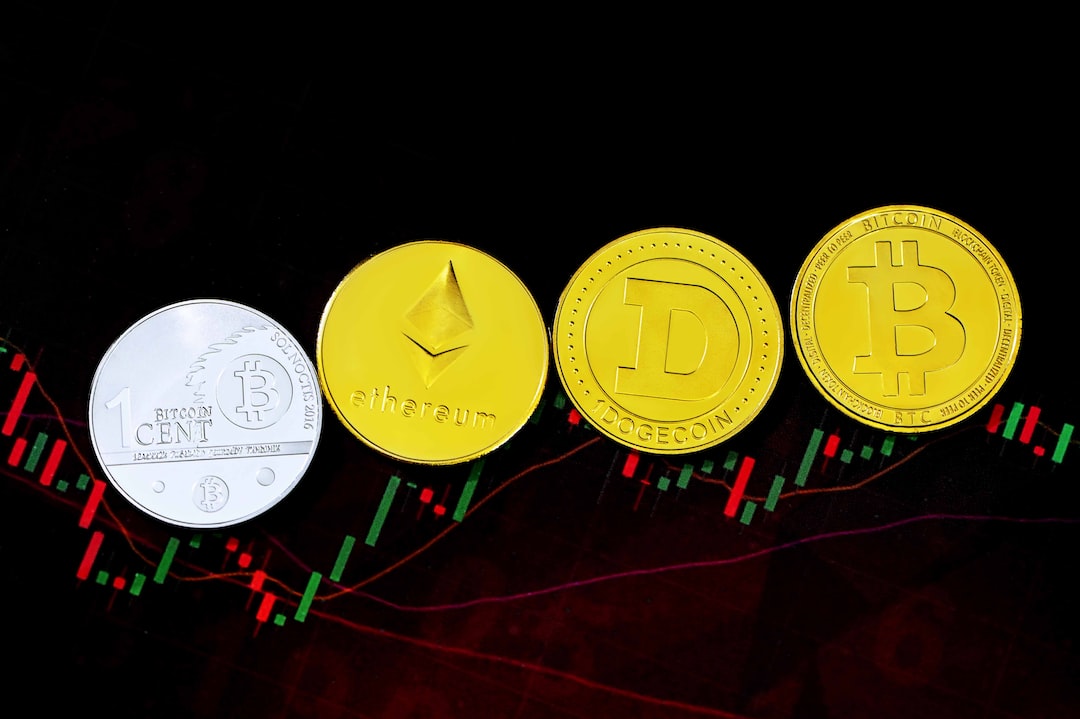Dropp Added to FedNow’s Showcase for Payment Service
Dropp, a micropayments platform built on Hedera Hashgraph, has been included in FedNow’s “showcase” of tech solutions for the Federal Reserve’s payment service. The platform allows merchants to accept payments as low as one penny, making micropayments more accessible. FedNow highlights that user credentials are not shared with the merchants when using Dropp. FedNow, launched in July, is an instant payment service developed by the Federal Reserve that enables financial institutions of all sizes to offer safe and efficient instant payment services. The inclusion of Dropp in the showcase signals a potential interest in distributed ledger technology by the Fed.
Main Key Points:
- Dropp is a micropayments platform built on Hedera Hashgraph.
- Merchants can accept payments as low as one penny.
- User credentials are not shared with merchants using Dropp.
- FedNow is an instant payment service developed by the Federal Reserve.
- The inclusion of Dropp in the FedNow showcase suggests growing interest in distributed ledger technology.
HBAR Soars Following Dropp’s Inclusion
Despite the Federal Reserve’s disclaimer that inclusion in the showcase does not imply endorsement, the native token of Hedera Hashgraph, HBAR, experienced a 16% surge to reach a four-month high of $0.0659. However, it later retreated to $0.0655. Dropp representatives have not yet responded to Decrypt’s request for comment.
What is FedNow?
FedNow is not a direct service for consumers. Instead, it allows banks and financial institutions to develop services and products on top of the platform. However, the service has faced criticism, with Custodia Bank CEO Caitlin Long accusing the Federal Reserve of non-compliance with the law due to the inclusion of Adyen, an Amsterdam-based company, as a payment provider in the U.S. despite not meeting the Federal Reserve’s requirements.
Hot Take: The inclusion of Dropp in FedNow’s showcase indicates a growing interest in distributed ledger technology within the Federal Reserve. This recognition could potentially open doors for more adoption of blockchain-based payment solutions in the future.





 By
By
 By
By
 By
By
 By
By
 By
By